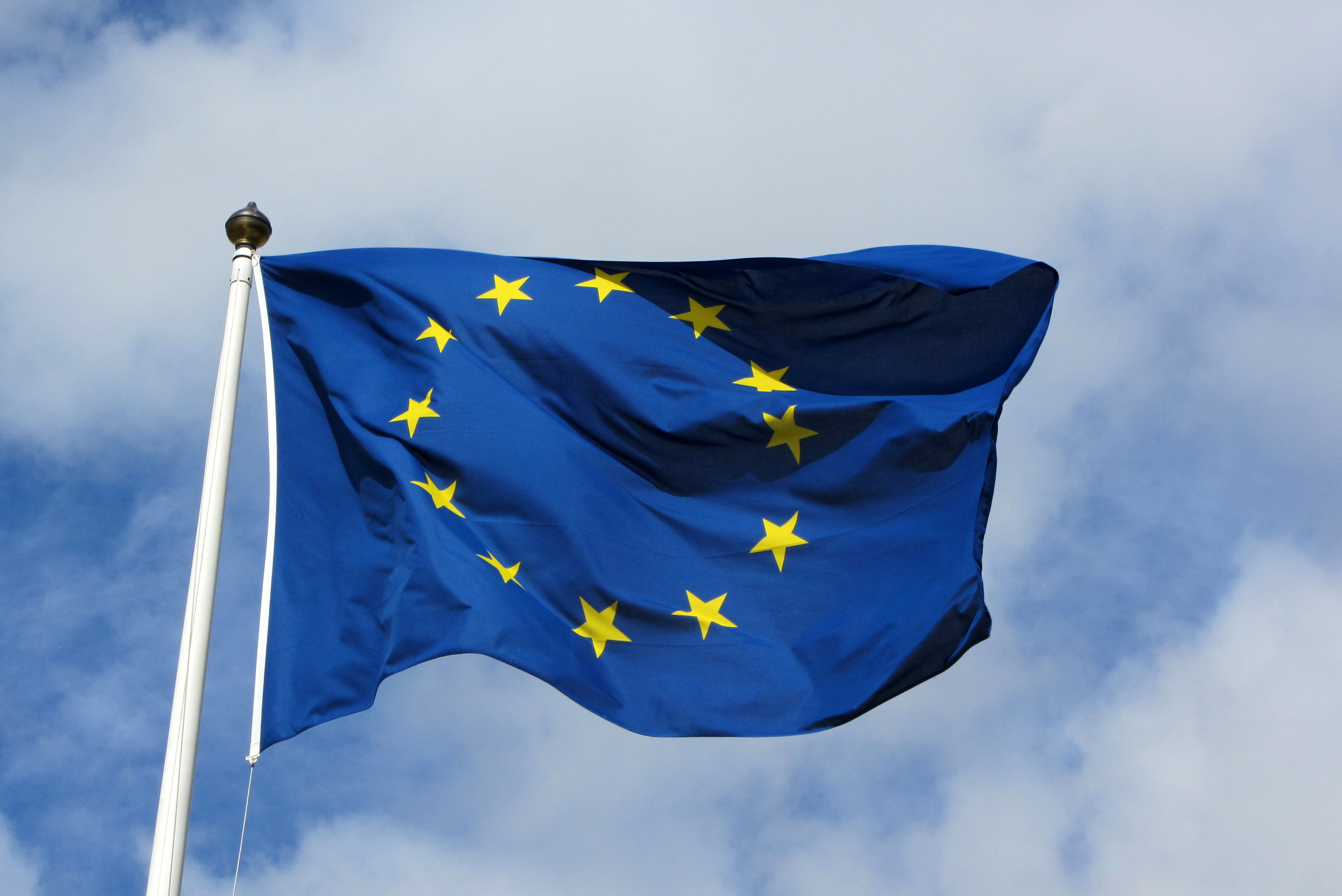The EU Referendum: what will it mean for the environment?
This week, the UK makes a once in a generation political decision: will we remain a member of the European Union, or leave to strike out on our own?

The debate has been fractious, not always evidence-informed, and now overshadowed by tragedy. With two days to go until the referendum, the polls suggest the result could go either way.
While the environment has been overshadowed by the dominant issues of immigration and the economy, it has been part of the debate. On the Remain side, David Cameron lent his support to the RSPB and WWF’s position in favour of the EU, and Labour have emphasised the role of the EU in tackling climate change.
For Leave, Defra Minister George Eustice has claimed that leaving the EU would free the UK from “spirit-crushing” environmental directives, whilst Nigel Farage brought the Common Fisheries Policy to the centre stage.
How would environmental legislation change if we left the EU?
We haven’t taken a formal position on the referendum, but have focused on informing members about the role of the EU in environmental policy, and the possible implications of a Leave vote.
In our annual Legislative Scan, we outlined what would happen to the UK’s environmental legislation and regulations – so closely entwined with the EU – in the event of Brexit. While a future free trade deal may require some environmental directives to be upheld, many would no longer apply, including the Nature Directives, the cornerstones of European nature conservation legislation. Similarly, alternatives to the often criticised Common Agricultural Policy and Common Fisheries Policy would need to be established. For more details, read our 2016 Legislative Scan.
A number of initiatives have taken a detailed look at the environmental implications of leaving the EU. A report by the Institute for European Environmental Policy, commissioned by WWF, the RSPB and the Wildlife Trusts, concluded that “it is likely that a UK departure from the EU would leave the British environment in a more vulnerable and uncertain position than if the country were to remain as a member of the EU”. A detailed expert review by The UK in a Changing Europe project highlighted the complex relationship between UK and EU environmental policy. See our dedicated webpage for more information.
Informing Parliament about the role of the EU
The role of the EU in shaping UK environmental policy has also been examined by the House of Commons Environmental Audit Committee, which found that EU interventions have led to improved standards in many areas, which would face an uncertain future in the event of a Leave vote. Our letter to the Committee, cited in their final report, highlighted the role of EU funding, infrastructure and legislation in facilitating and framing ecological research in the UK.
The letter drew on our contributions to the Royal Society of Biology’s submission to the House of Lords Science and Technology Committee inquiry into the influence of the EU on UK science. The Committee found that science is a “major component” of the UK’s EU membership, stressing the importance of European funding, collaboration and freedom of movement for the UK’s scientific community.
People, Politics and the Planet: looking beyond the referendum
The referendum will be a crucial point in the development UK environmental policy. Vote Leave, and we enter a period of great uncertainty. Vote Remain, and the challenges of climate change and biodiversity loss lose none of their urgency. Whether in or out of the EU, how should the UK tackle these issues?
That’s the question we’ll be addressing on 21 July at our People, Politics and the Planet: Any Questions debate. Jointly hosted with the Royal Geographical Society and the Sibthorp Trust, and chaired by Jonathan Dimbleby, the event will bring together a panel of leading politicians to answer your questions on the environment. Submit your question and book your ticket now.
Book your ticket for People, Politics and the Planet
Like what we stand for?
Support our mission and help develop the next generation of ecologists by donating to the British Ecological Society.